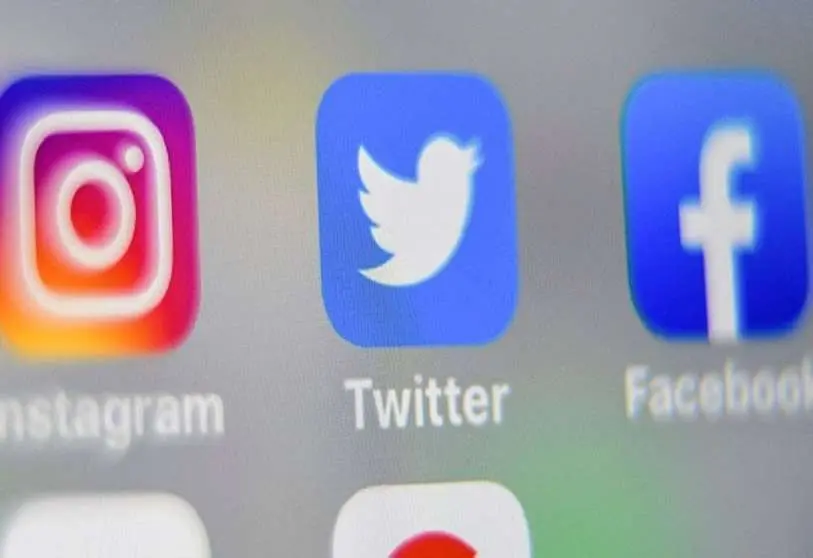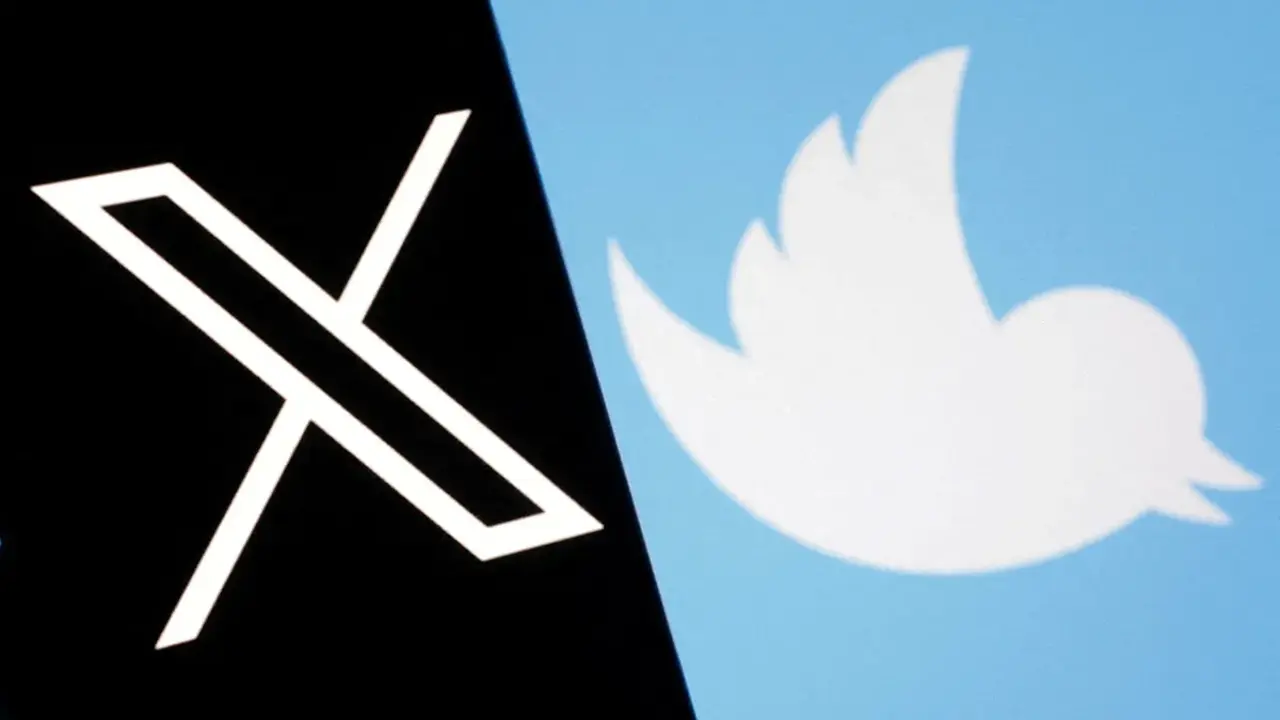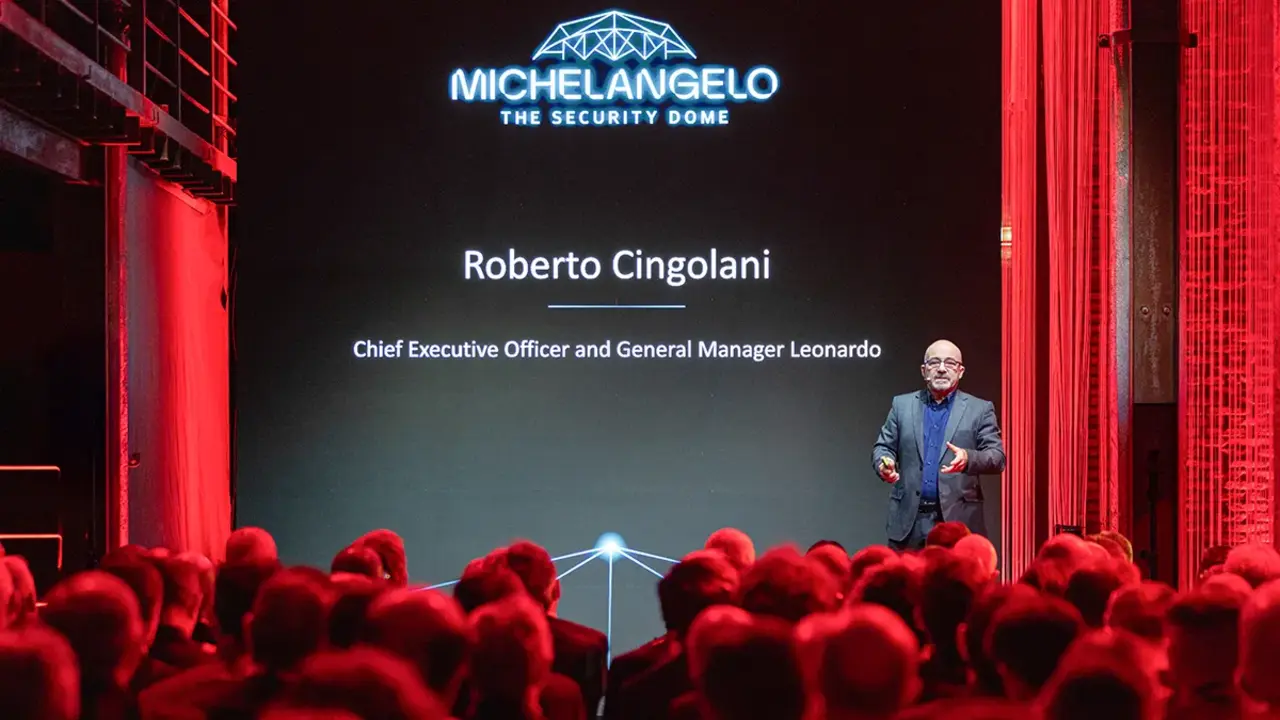The perverse censorship of social networks

We can say that the coronavirus is considered "a magnifying glass" for hate speech and the cause of "growing polarisation in public opinion". With this argument, Pablo Iglesias' party is asking the government to take action against "hate messages" on social networks, thus facilitating their control and elimination. This has already been attempted during the toughest months of the pandemic to avoid criticism of the government's actions. Those words of General José Manuel Santiago, assuring that the Guardia Civil was working to minimise "the contrary climate" to the Government for its management of the crisis, did not help.
In Spain the presence of an extreme left-wing party in our political life has become normal. We can sell the idea of storming the skies, while happily raising its fist in the streets and in the nets. The climate of political corruption in the country did the rest, and little by little an alternative to the two-party system emerged. The media apparatus of the PSOE-Podemos government is perfect. Subtle messages, a careful image and the media doing the rest so that nothing goes wrong. The problem is Article 20.1 of the Spanish Constitution. Nightmares in the Moncloa with the section that says that Spaniards have the right to "freely express and disseminate thoughts, ideas and opinions by word, writing or any other means of reproduction".
Freedom of expression has been gradually losing ground in our society. Without us noticing it, we are able to reproach our own thoughts. The political correctness of politicians wants to reach the social networks to silence those who do not think like the one who legislates. Iglesias is a Twitter activist. On his personal account there is a red triangle that he says symbolises the anti-fascist struggle. By omission, the vice-president takes for granted the terror that the extreme left has sown throughout the world throughout history. With more than two and a half million followers, he tweets against judicial decisions, points out journalists critical of his management and charges the king to whom he was sworn in. There is no hate in his messages. They are opinions. The problem is no longer that Sanchez used Churches to govern. The problem is that Sanchez has brought Iglesias and his creed into government.
France and Germany already have laws against hate messages on social networks. Consolidated democracies with much more transparent politicians who seek to pursue phobias and contempt. These countries require platforms such as Facebook or Twitter to remove hate messages within 24 hours. There the line between offence and censorship is much thicker. The parties know what they are up to and the governments do not even consider that citizens cannot criticise them on social networks.
The Audiencia Nacional shelved the investigation into the photomontage of the coffins on the Gran Vía, arguing that "criticism is necessary because it controls the action of the powers-that-be and prevents totalitarian behaviour and disrespect for citizens' rights. A phrase to be framed. Justice put some sanity into the political race of censoring everything. The lyrics of the songs of some groups or the jokes about Carrero Blanco annoy the right. The memes about the chalet in Iglesias, blowing one's nose with the Spanish flag or the face of Sánchez on the marquees, with that of "a good citizen obeys", bother the left. It's all in bad taste, but it's not a crime.
The censorship of hate messages on the networks is separated by a very fine line from the reproach of the dictatorships. What bothers and who bothers is the big question. There was no need for the government to legislate, citizens are already capable of silencing each other's opinions. Arden las redes is a book by the journalist Juan Soto Ivars, who years ago talked about how Twitter had devoured some people for their opinions. Brands and companies that withdrew their campaigns because a group of tweeters had taken them up against their way of advertising.
Progressive discourse is more accepted in society than conservative arguments. The world of social media is more left-wing than right-wing in general. In the United States, Donald Trump represents the Republicans in their most conservative version. His way of thinking is not well received on social networks or by the companies that run Facebook and, above all, Twitter. Months ago, he issued a warning about the use of force to combat groups that were engaged in knocking down statues all over the country. Twitter was lukewarm on censorship. He hid the tweet, but did not delete it "because it may be in the public interest". A I want and I can't have the US president deciding that, if Twitter wanted to be a media outlet, he would have no problem turning it into a content publisher and not a platform.
The fact that governments want to fight extremism and hate messages is laudable. That extremist parties are doing this by spreading resentment and hatred from their accounts is petty. Facebook and Twitter are taking action, but they are having trouble separating themselves from progressive discourse and respecting right-wing ideology. The micro-blogging network already invites readers to read articles before they are retweeted so that they do not get carried away by the headline. Facebook has set in motion an intricate bureaucratic process. After the Cambridge Analytica scandal, all political content appearing on their social network must be uploaded by a validated user who has previously signed a release form and provided an image of his or her ID card.
Madrid. Year 2020. In the midst of a state of alarm that can last six months and with a nightly and treacherous curfew. But... let's talk about censorship.








